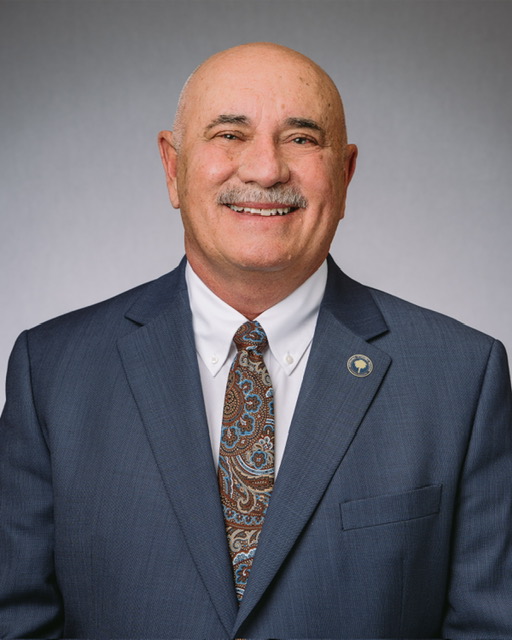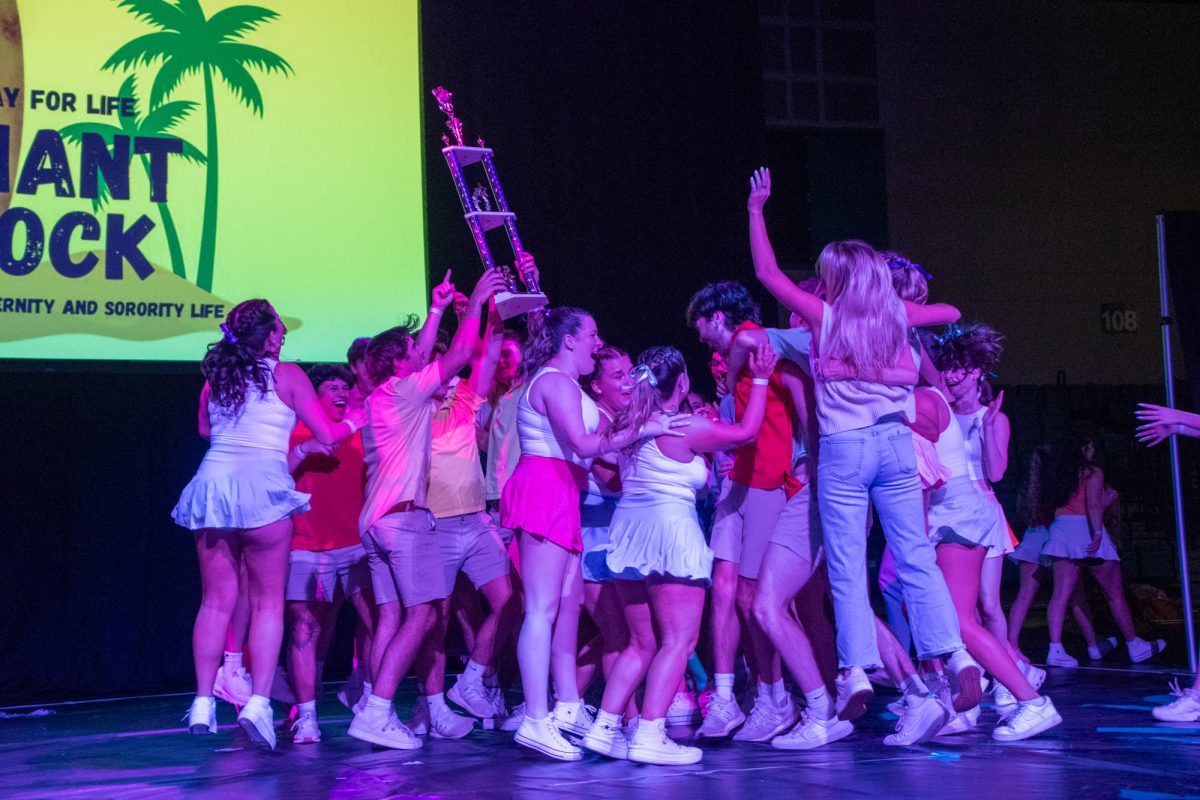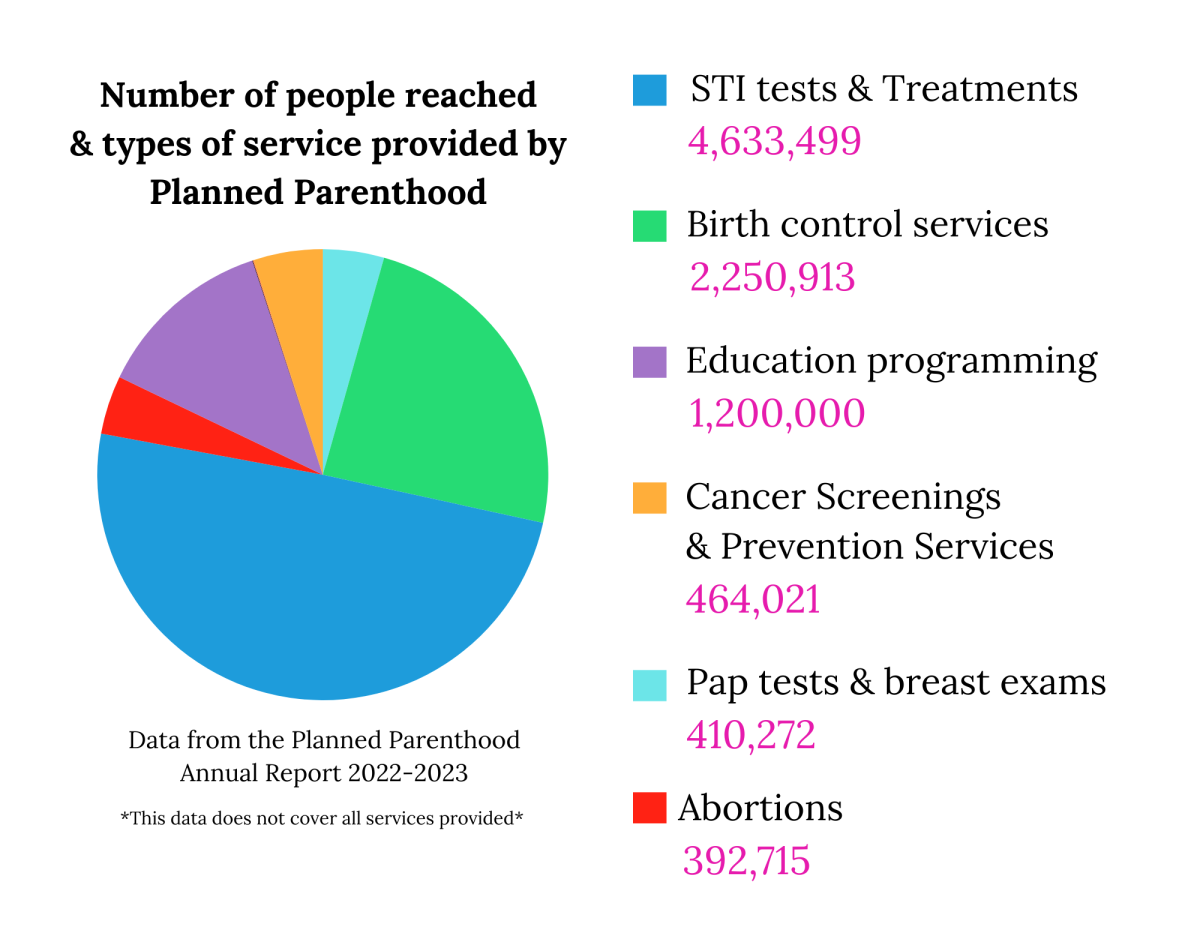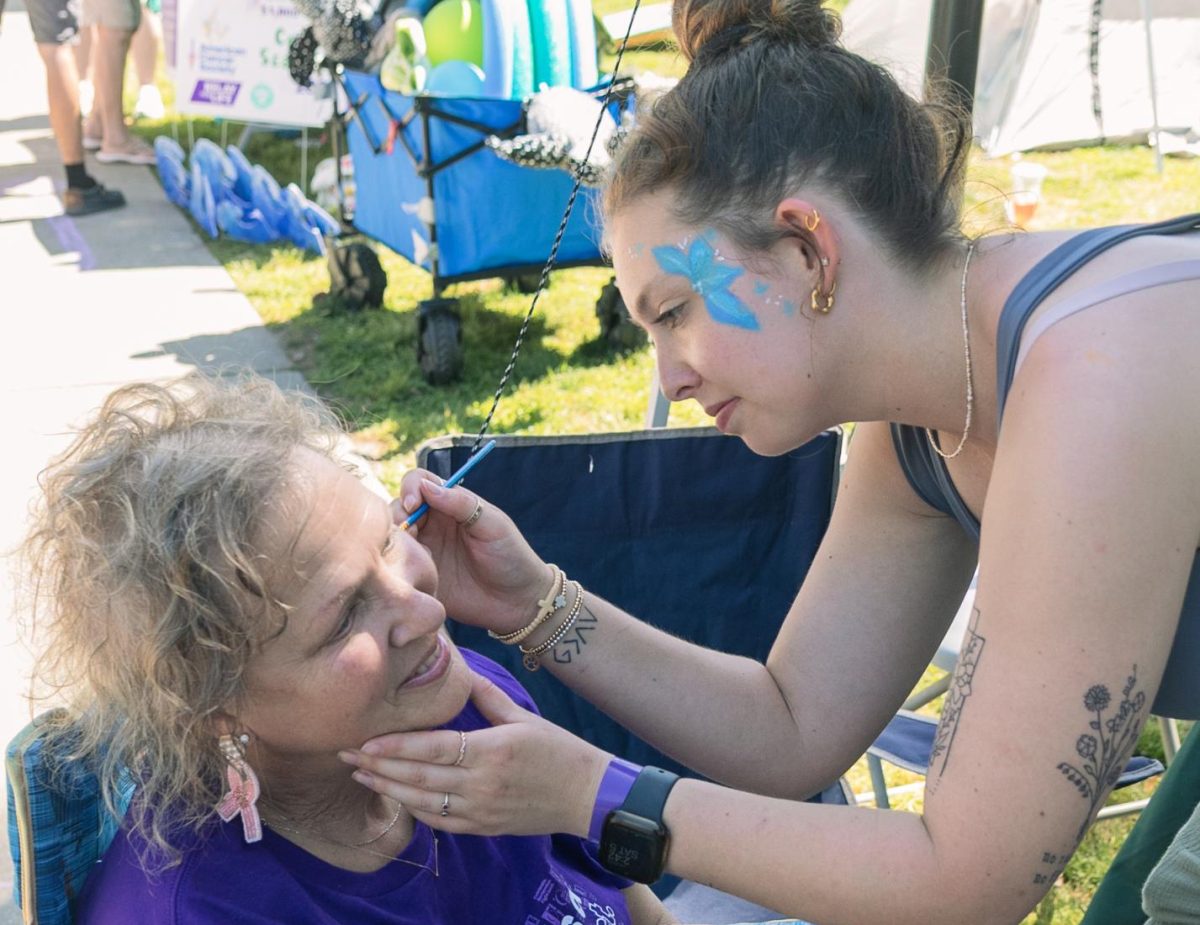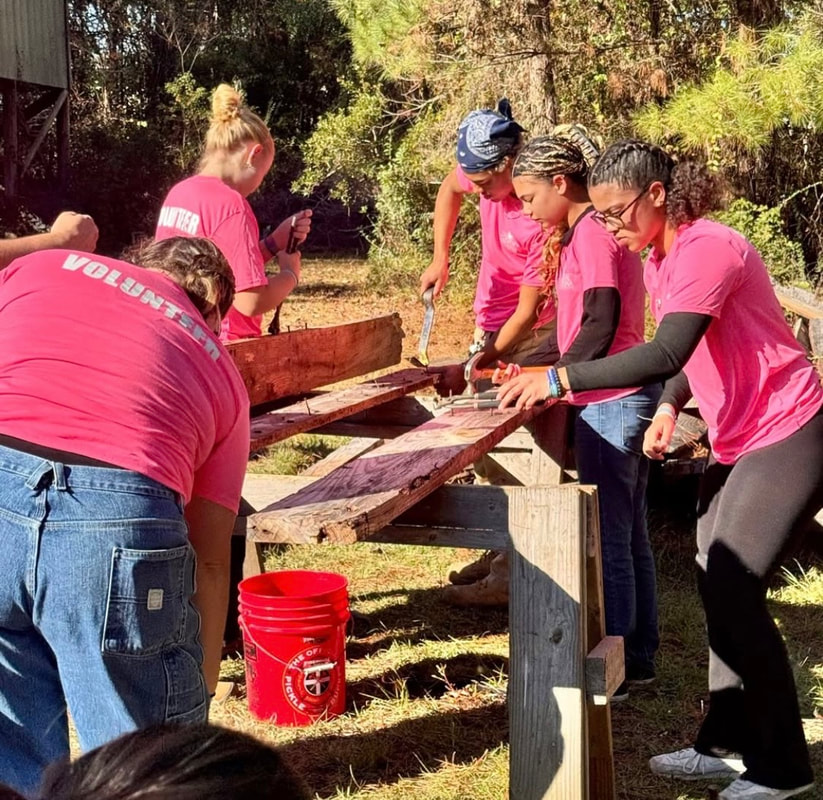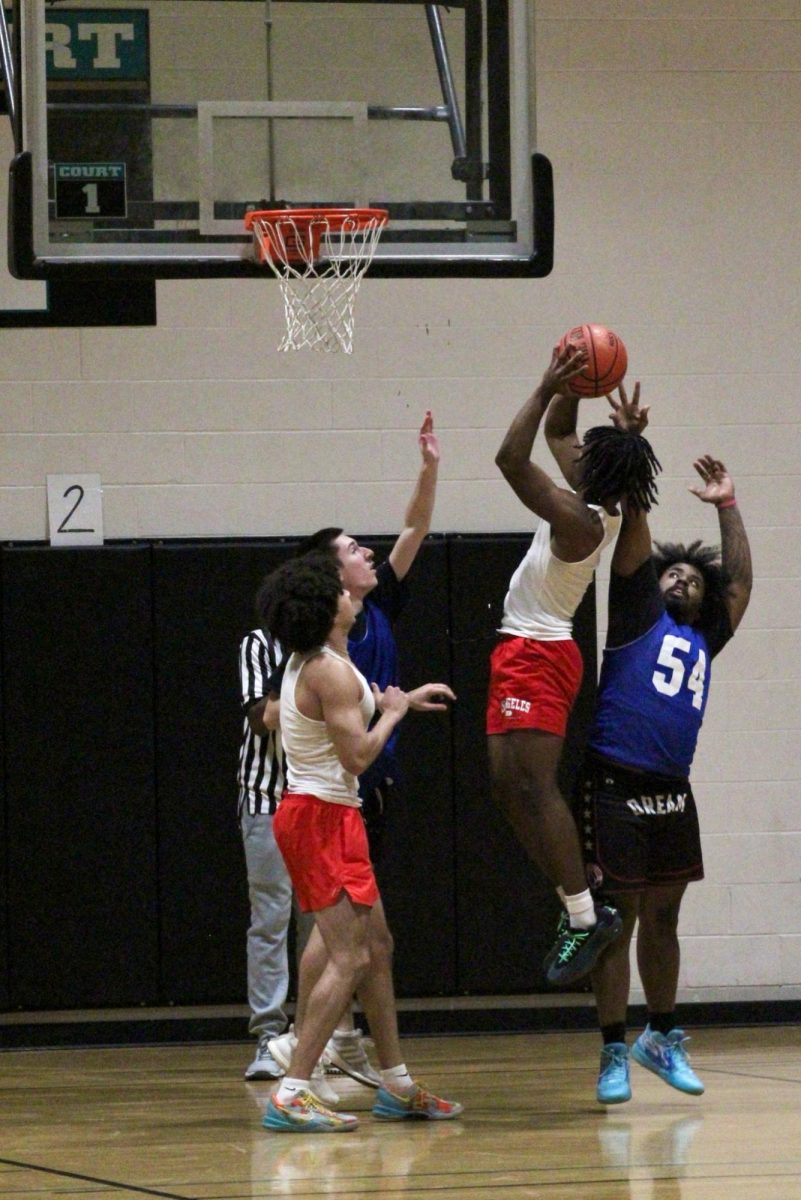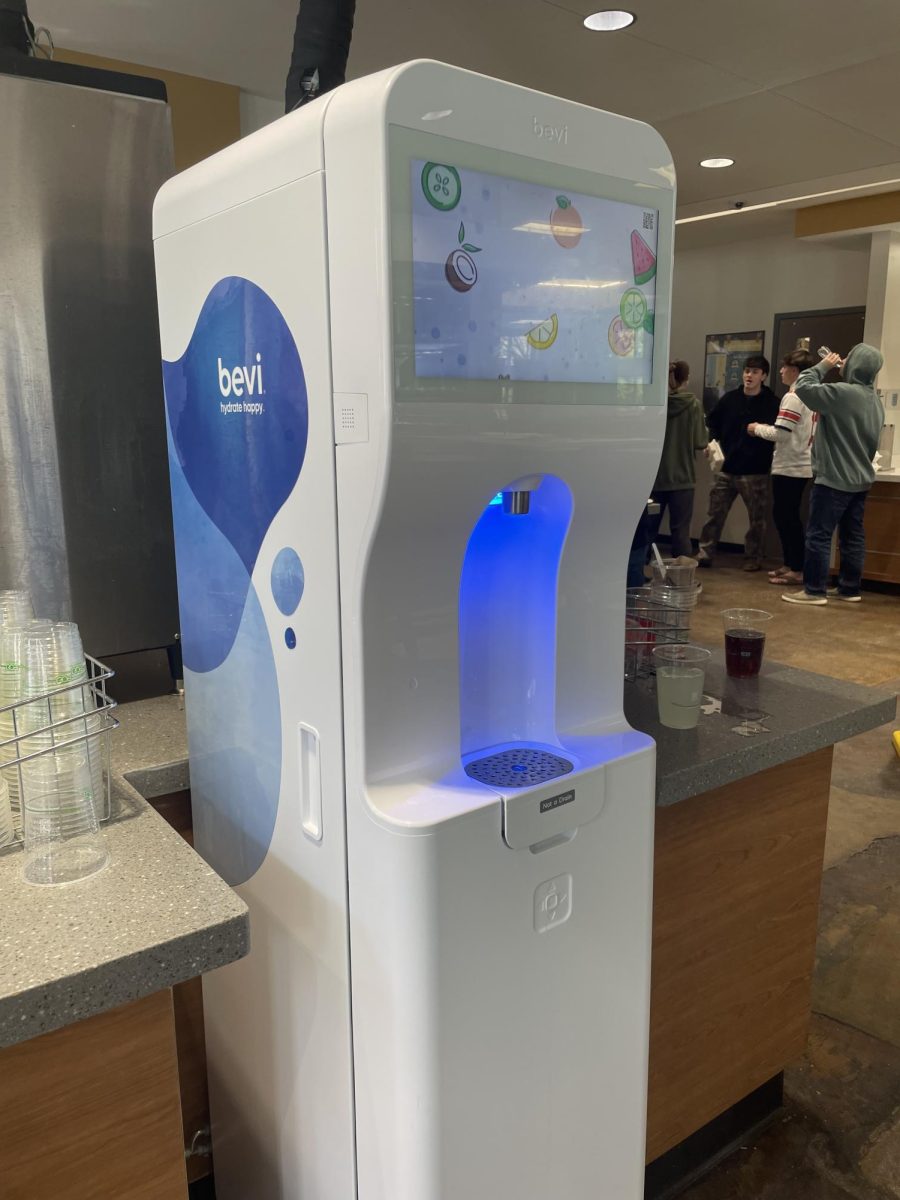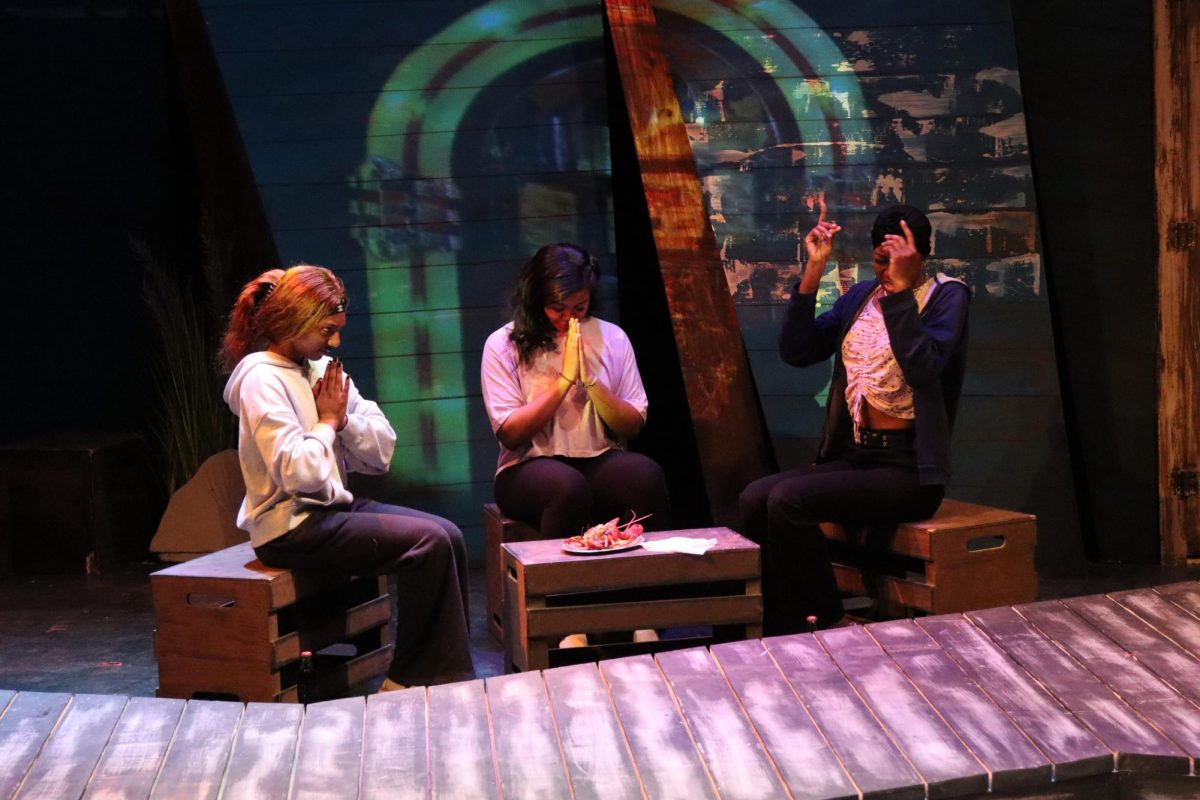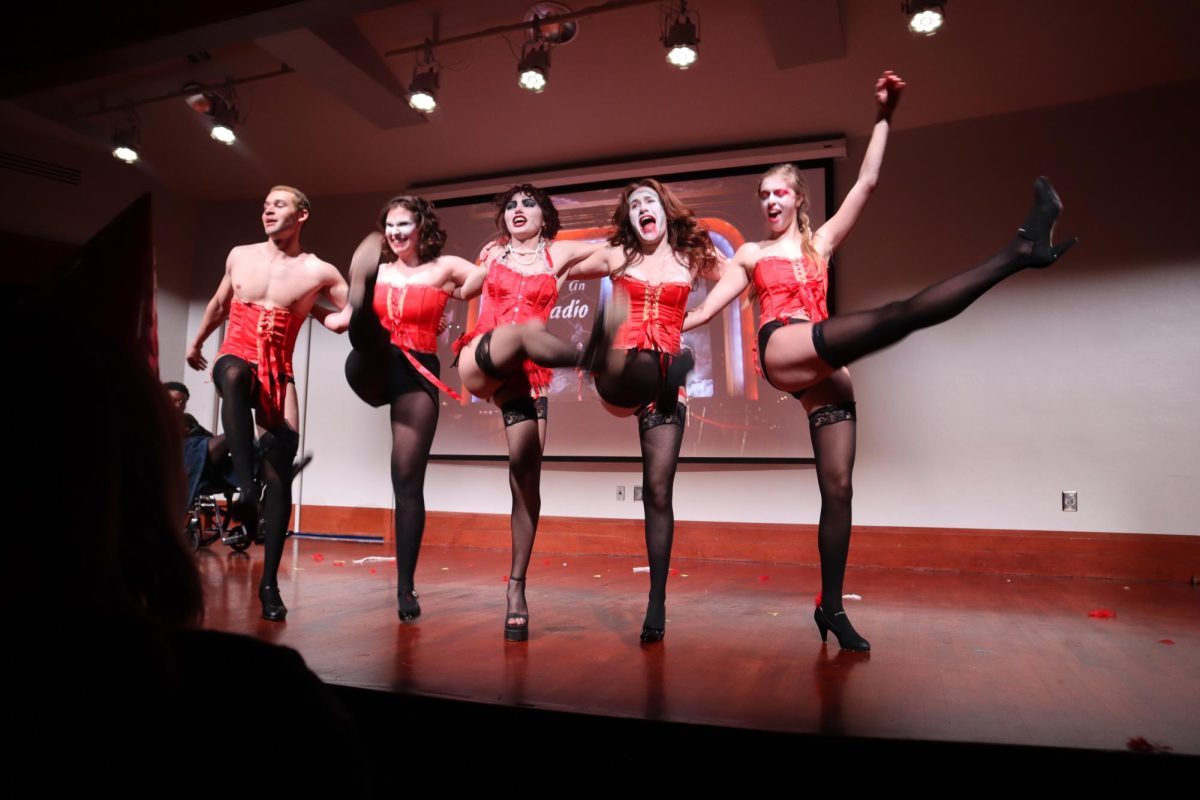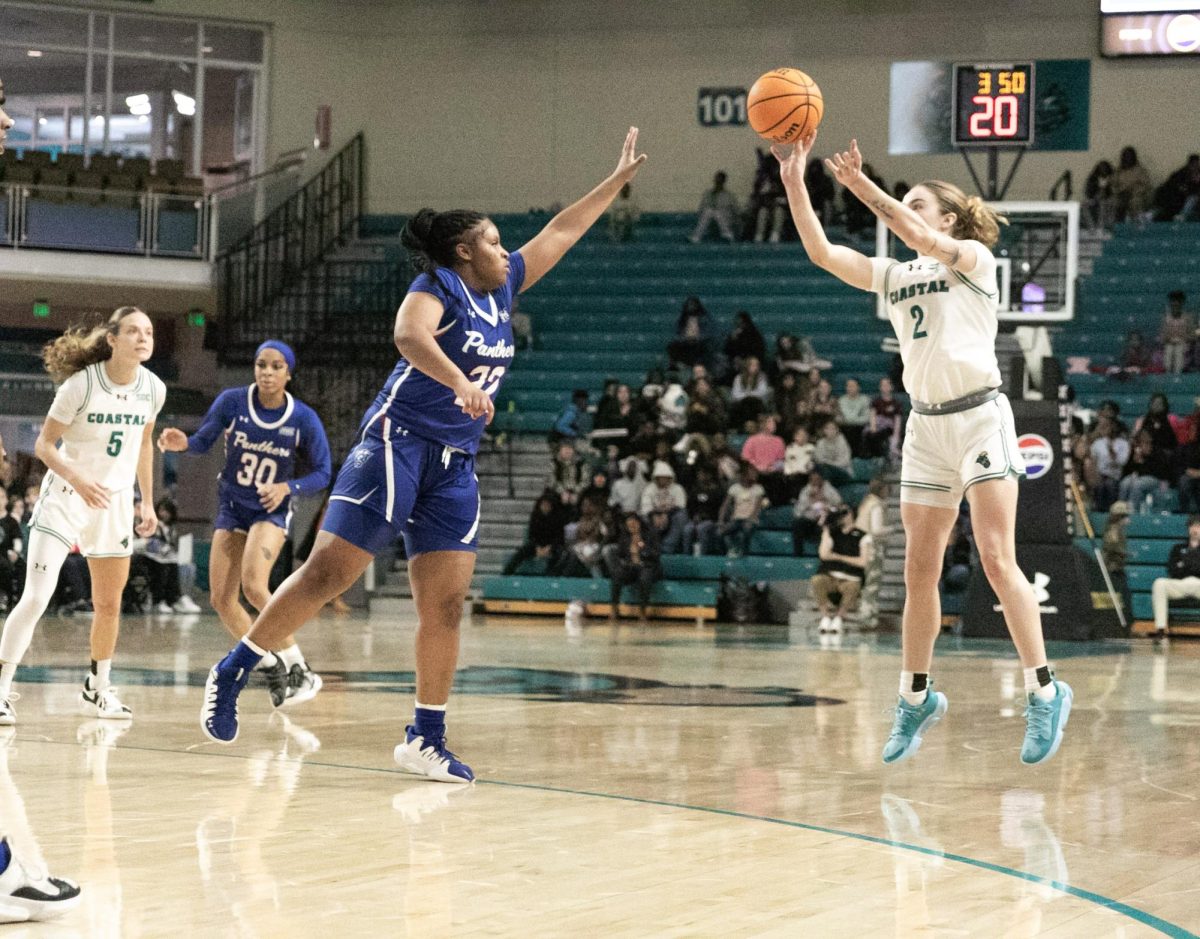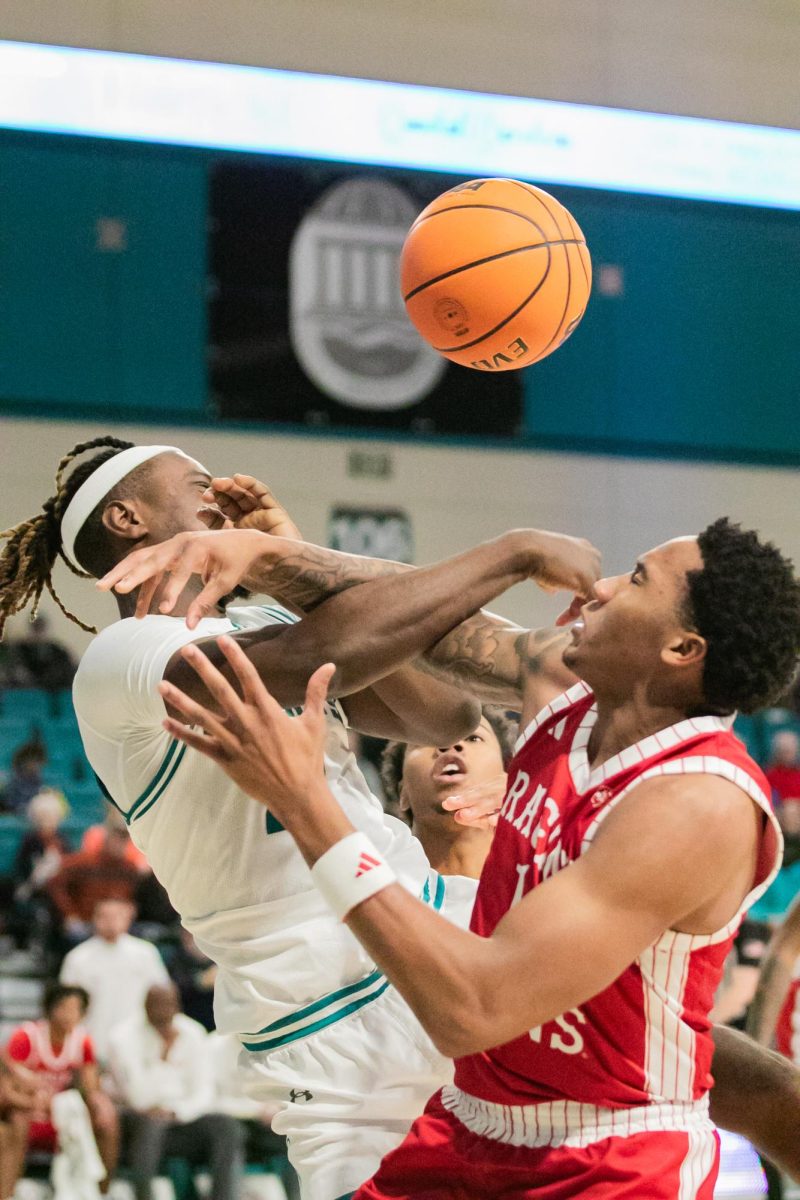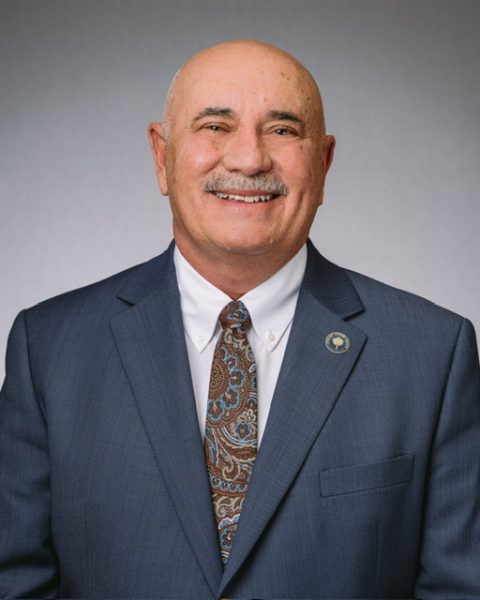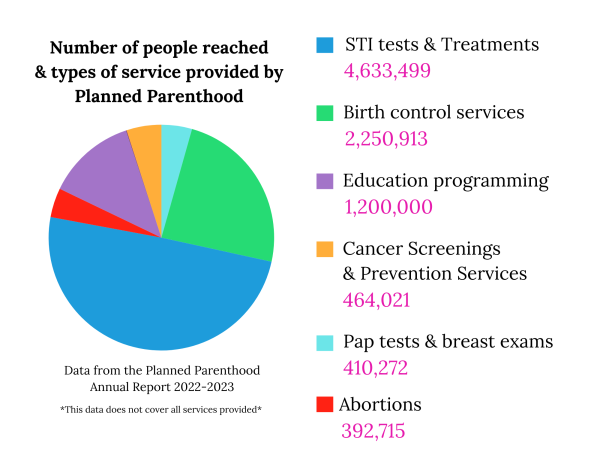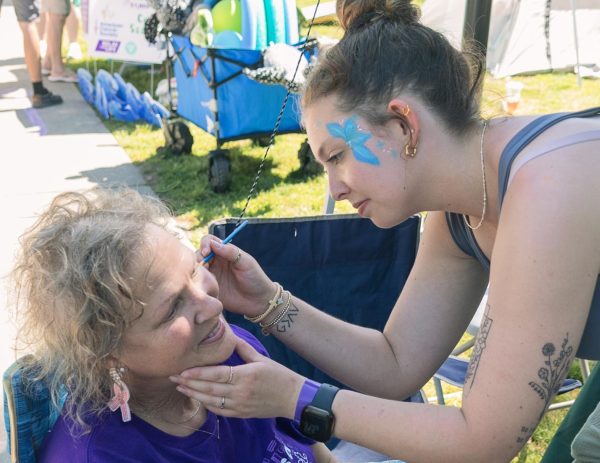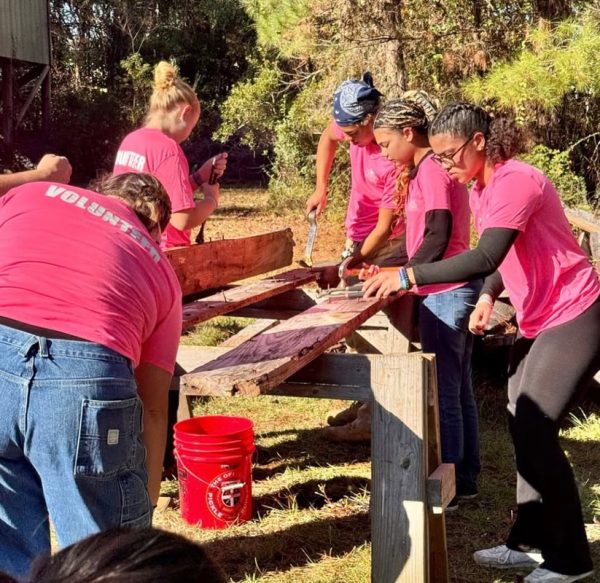South Carolina Supreme Court conducts arguments on college campus
• State v. Randy Wright
By Sazie Eagan
The Supreme Court of South Carolina conducted oral arguments for the case of State v. Randy Wright in the Lib Jackson Student Union Coastal Th eater at 10 a.m. on Feb. 8.
The Supreme Court granted the State a writ of certiorari to decide whether the Court of Appeals was correct in reversing the conviction of Randy Wright. Wright’s request to an individual jury poll was denied after the jury concluded he was guilty of assault and battery of a high and aggravated nature.
The conviction was reversed based on State v. Linder (1981), where the Supreme Court decided a jury poll must be taken if requested. Linder didn’t specify the method of polling required upon the request, but the Court of Appeals concluded, “each juror must be separately asked to confirm verbally on the record that the verdict announced is still his or her verdict.”
The State argued before the Supreme Court the right to a jury poll was satisfied as each juror individually raised their right hand in response to the judge asking the jury if guilty was their verdict.
Justice Hearn intervened within the State’s argument to establish raising a hand is common practice in all trials and isn’t considered polling. Th e justices interjected the State’s argument approximately once per minute.
Justice Hearn asked how long it would’ve taken the judge to poll the jury.
“I don’t think it would have taken very long and if you’re asking me whether I wish Judge Murphy had polled that jury I assure you,” the State’s defense said. “If I was in the solicitor’s chair, I hope I would have jumped up and said, ‘let’s just go ahead and do this your honor.’ So, we aren’t here talking about this now.”
Student, Trenton Eden, attended the oral arguments and complimented the State’s composure and skill, but Eden didn’t foresee the Supreme Court ruling in the State’s favor.
“There is so much law that has to be undone to rule in [the State’s] favor, they are going to uphold the Court of Appeals,” Eden said. “[Wright] may have committed a crime, if 12 people raised their hand and said he did it, and he is going to get off on a technicality.”
The justice’s questions toward Wright concerned the time passed after the jury’s verdict to when the individual poll was requested as the jury already returned to their chambers. Wright said, and the State agreed, there was no time to request without interrupting the judge.
Another issue the justices voiced was the error’s impact on the outcome of the trial is unknown. Th e question of whether a juror would’ve admitted to having reasonable doubt is left unanswered.
• State v. Travis Lawrence
By: Maci Kaye Anderson
The Supreme Court of South Carolina visited the technicalities of evidence in State v. Travis Lawrence, which was the second hearing held at Coastal Carolina University in the Coastal Theater on Feb. 8.
Co-defendant Terrell Bennett invoked his right of the Fifth Amendment to remain silent in court aft er being called on by Lawrence to testify as a witness. During this time, Bennett was waiting for his own trial and charges. Outside of the state court, Bennett was asked a question and claimed he perceived it as unavoidable and answered without understanding the implications.
The South Carolina Constitution and the Fifth Amendment outline the protections of witnessing against oneself in a criminal case and in later criminal proceedings. Th e evidence was waived from being used as it could be self-incriminating for Bennett.
The prosecutors had issues with how the questions were presented to the defendant along with the court’s decision on the choice of cross examination and questioning.
Chief Justice Donald W. Beatty addressed the gratitude of visiting Coastal and the Supreme Court of South Carolina’s mission.
“We do it for the purpose of educating the public, to bring [communities] inside the judicial process to help [others] understand what the judicial process is I really like, and not what you see on Law and Order,” Chief Justice Beatty said.
Jenna Collins, a junior public health major, compared the event to topics within her curriculum, which helped her better understand it from a new perspective.
“It is a really awesome opportunity, and I was surprised how many students did not take advantage of it,” Collins said.
Senior marine science major Charles Mina applauded the University and the Edgar Dyer Institute for its mission to educate students with a given timely manner.
“I think the advertising of the events were well done. I knew about [The Supreme Court of South Carolina hearings] at least a month in advance,” Mina said, “and that’s a good amount of time for [students] to plan, and actively participate in educating themselves on state government.”
After the hearing, Coastal and the City of Conway recognized Conway local Justice Kaye Hearn’s retirement. CCU President Michael Benson presented her flowers from the University as well as a key to Conway from the city.
• Ani Creation, Inc., et al. v. City of Myrtle Beach
By: Caroline Surface
The third case out of four brought to Coastal Carolina University on Feb. 9, Ani Creation, Inc., et al. v. City of Myrtle Beach Board of Zoning Appeals, et al. is a case concerning a zoning ordinance on Ocean Boulevard Entertainment Overlay District (OBEOD).
According to the session agenda, the city ordinance prohibits tobacco and smoke shops to have more than 10% of their sales come from tobacco or cannabis paraphernalia, electric cigarettes, and sexually explicit material.
The appellant, Ani Creation, Inc., et al. are a group of beachwear shops and variety stores in the OBEOD of Myrtle Beach. They sell a range of t-shirts, cigarettes, e-cigarettes, CBD oils, and other tobacco products.
They were served ordinance papers by the City of Myrtle Beach informing them that they were selling prohibited items in June of 2019, according to the session agenda. They appealed the decision to the Myrtle Beach Board of Zoning Appeals and the Circuit Court, which both decided they were in violation.
At the hearing, the defendant claimed that the zoning ordinance is part of the city’s aim to make Myrtle Beach a “family-friendly destination.” He claimed the city has already put millions of dollars into places like the boardwalk.
Although, the appellant claimed that many tourist areas close to the zoning ordinance in Myrtle Beach are still allowed to sell these items. Broadway at the Beach and Coastal Grand Mall in Myrtle Beach sell paraphernalia and sexually explicit material.
At the end of the arguments, the court gave the audience the chance to ask questions. Students and faculty attended, including senior Jack Kudrick who said he visited because he was applying for law school.
“Honestly, it’s a super cool experience to be able to see an actual trial take place in front of the entire school,” he said.
Leah Levert, the community and civic coordinator said it was a once in a lifetime chance.
“I feel like it would be such a disservice to myself to miss it, that’s kind of why I came,” she said.
• Doe v. Keel
By: Dyneira Brown
The South Carolina Supreme Court wrapped up its visit to campus with the case of John Doe v. Mark Keel. Th e primary question for the case was: Does the South Carolina Sex Off ender Registry Act (SORA) permit the publication of out-of-state off enders–i.e., individuals with qualifying sexual offenses but who do not live in South Carolina–on the state’s public sex off ender registry?
While attending the University of South Carolina, John Doe was having an online interaction with a minor from Colorado. To his surprise, the police were operating online as the minor, and caught Doe in the act. He was later arrested and convicted in Colorado but was put on the South Carolina sex offender registry because he resided there at the time.
Doe’s attorneys said he is currently a resident in the state of Georgia and claims the state does not see him as a threat despite being on South Carolina’s sex offender registry. Although he is not seen as a threat to the state, Doe claimed he is facing repercussions of the published information with situations such as being prohibited to be with his son during surgery at a children’s hospital or coaching a kid’s sports team.
Keel argued Doe remaining on the registry is a safety precaution for South Carolina citizens. He said the South Carolina Law Enforcement Division (SLED) is working to keep law enforcement informed and update the registry with as much information as possible. Keel said they publish the information in the public registry in case anyone gets off the registry in another state and returns to South Carolina.
After hearing both sides, the justices did not conclude. However, they posed many questions about the laws presented in previous cases. They understood both sides before posing the questions: How does the constant and current publication of sexual offenders in the registry help SLED in the future? Is there a limit to being on the sex offender registry?
